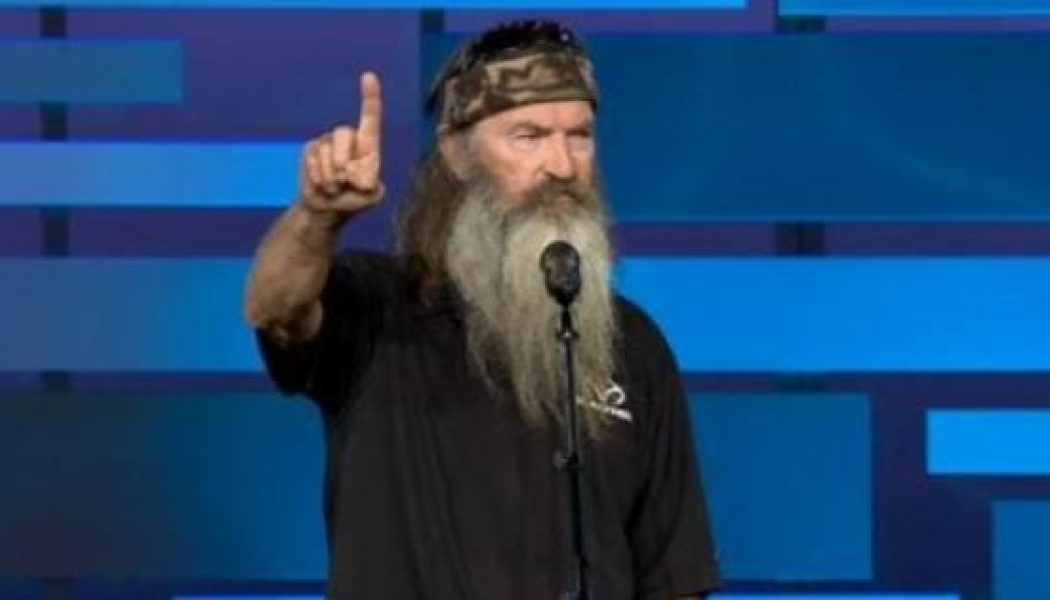Blog
Race Relations
I can tell you two subjects on which I’m not an expert: the Trayvon Martin case and racial reconciliation. As to the former, I did not follow the Zimmerman trial carefully and have nothing to add to the many fine pieces that have already been written (see, for example, Trillia Newbell’s post). And as for the latter, I’m a pastor who longs to see the gospel break down old (and high) barriers between people, but other than trying to faithfully preach, pray, and love I’m no authority on this thorniest of issues. And yet, like many Christians, I want to do something that may, perhaps, by God’s grace, over the long run, in some small way, make a difference for good. To that end, here are four things I’ve learned, am trying to learn, and you should probably learn as well. 1. Don’t bail.&nbs...
The Gospel Is Offensive
In old episode of Seinfeld George cleverly attempts to establish his own charity. Since he doesn’t really support any cause except himself he creates a vague shell organization called “The Human Fund”. As he promotes the “cause” he finds that people are generally pretty happy to be associated with this nice sounding foundation. The sarcastic sitcom makes its point: we like being a part of something that makes us feel good as long as it is also comfortable for us. This is especially dangerous for Christians, particularly believers living in the West. If we are honest we’ll admit that we can hear the crackling social eggshells underfoot. As we attempt to live as Christians in this world we have a choice to make: 1) Walk on the cultural eggshells, fearing any whi...
Should Christians Practice Yoga?
For more information about David Powlison, visit: www.ccef.org For more information about Christianity, visit: www.christianity.com David Powlison Christian Counseling and Education Foundation Originally published December 07, 2012.
Mentoring
As women’s ministry coordinator at my church, one of my most frequent requests from younger women is the desire for a spiritual mentor. For each lady requesting, there are a variety of hopes behind this longing. Some know they need to grow in their faith and desire an older woman to provide advice and wisdom. Some long for a nurturing figure to encourage them. Some lack direction and hope that a mentor could give them advice. Some are hurting and hope for healing to come as she shares her hurts with another. Others feel overwhelmed and are looking for someone who might provide help to ease the burdens of life. When I approach older ladies with the request of mentoring, they are often hesitant. Most of them have never been mentored and t...
Does Your Church Discourage Artists?
Philip Ryken, president of Wheaton College and a former pastor, knows that artists who are Christians often feel like fish out of water. Ryken says, “Their faith in Christ seems odd to many of their friends in the artistic community — almost as odd as their calling as artists seems to some of their friends at church.” This is more than a tragedy. It’s a lost opportunity. Ryken notes that “Christians called to paint, draw, sculpt, sing, act, dance, and play music have extraordinary opportunities to witness to the grace, beauty and truth of the gospel. … The arts are the leading edge of culture,” he says. So with tongue firmly planted in cheek, Ryken asked some of his artist friends what churches do to discourage them from their dual calling as artists and Christians. First, they said, treat...
The Gospel of Duck Dynasty in 15 Seconds
Phil Robertson of Duck Dynasty is an entertainer who looks like Moses and jokes like Bill Cosby. But having a quick wit isn’t a bad thing when the message is sin, righteousness, and judgment—a.k.a. the gospel of Jesus Christ. “Apparently something rather large must have happened two-thousand and thirteen years ago, or we wouldn’t all be counting time by Jesus of Nazareth,” Phil Robertson dryly remarks during one of his messages at Saddleback Church in Southern California on July 21, 2013. Laughter erupts. “So, what happened?” Phil continues, imitating a conversation. “Uh, that’s the year Jesus showed up.” “Oh, no. You mean here I am, an atheist, I don’t even believe in Him and I have to be reminded of the date He showed up every time I write a check?” More laughs. Phil then del...
Preach on Poverty at Your Own Risk
Some topics intimidate preachers. And that’s actually a good thing. When preachers realize they’re handling a difficult issue, they know to be careful, aware of the hazards on every side. The problem comes when someone launches confidently into a sermon without realizing the complexities of their topic. That’s like boldly flying your spaceship into an asteroid field, blissfully unaware that your odds of survival are only 3,720 to 1. In the last few weeks, I’ve heard several people do this with sermons on poverty. It’s as though we think poverty is a relatively simple topic, something that you can handle in a single, 30-minute sermon. Just offer some thoughts on the importance of hard work, make sure you point out that we’re supposed to be nice to p...
Why Millennials Are Leaving the Church
In a recent column for CNN, Rachel Held Evans offers some thoughts on “why millennials are leaving the church.” Her post struck a chord with readers. She is addressing a perennial topic of conversation among church leaders and church goers: what will happen to the next generation. Like Rachel, I’m 32 – right on the border of the millennials, and many of the questions and doubts I hear from the millennial generation resonate with me too. But my analysis differs somewhat from Rachel’s. Rachel’s Analysis Rachel thinks millennials are leaving the church due to the perception that evangelicals are “… too political, too exclusive, old-fashioned, unconcerned with social justice and hostile to lesbian, gay, bisexual and transgender people.” She’s right to decry a vision of Christianity t...
Why Churches Need Variety in Sermons
Regular preachers need to be more like starters than bench players. The bench player is a specialist. A southpaw might take the mound to pitch to one player. A sharp shooter enters the game to knock down threes to spark a comeback. But the starters need to do everything well. These are the triple-threat basketball players, athletes who can shoot, pass, or drive to the basket. These are the five-tool baseball players, guys who can hit for average, hit for power, throw, field, and run fast around the bases. The triple threat, five-tool preacher is characterized by variety in his sermons. He varies his structure, tone, and delivery of the sermon, so that his church never hears the same message twice. Must you add variety to your sermons? Why can’t you just preach three points and a poem on a ...
Christ’s Temptation Isn’t about Your Battle with Sin
I was sitting on a ledge two hundred feet above the Judean wilderness. A lifeless and virtually unending sea of sand dunes was below me. It’s one of those visuals you never quite get your head around. A network of sandy spines reaches out to the horizon and then disappears. This is where things in this region go to die. Ironically, it’s a beautiful place. The scale alone is spectacular. And when the deep colors of the afternoon sky in Israel collide with trillions upon trillions of granules of sand it’s a breathtaking masterpiece. I was here reconnoitering for my local church. A trip to Israel was in the works. This was my first time in the Holy Land. By the time we arrived at this particular spot I’d been traveling for five days. Several of the places we stopped offered an opportun...
Know a Wayward Child?
Below is an excerpt from my forthcoming book One Way Love: Inexhaustible Grace for an Exhausted World (David C. Cook, October 2013) I was sixteen when my parents kicked me out of the house. What started out as run-of-the-mill adolescent rebellion in my early teens had, over the course of a few short years, blossomed into a black hole of disrespect and self-centeredness that was consuming the entire family. I would lie when I didn’t have to, push every envelope, pick fights with my siblings, carry on, and sneak around—at first in innocent ways; later in not-so-innocent ways. If someone said “black,” I would say “white.” Nothing all that terrible by the world’s standards, but given my Christian context and upbringing, it was pretty egregious. Eventually, everyone involved reached the end of ...
Why Do Christians Love Rules?
The days I wake up and make a list of items I want to accomplish for that day are typically great days. I feel accomplished. I’ve completed my tasks and there is peace. Those days when I don’t have my to-do list can seem chaotic. I can stare at the clock anxiously wondering what to do next. I enjoy schedules because they give me a framework and rules to go by through the day. Rules provide comfort. I know when I am aware of what needs to be done and what is expected out of me, I am comforted. I don’t fear—I know and understand what will be required of me for the day. I’m not surprised at the end of the day if I’m tired because I knew that for that particular day I’d have much to do. There’s security in my schedule. There’s security in having the rules. My security and my hope are misplaced...























